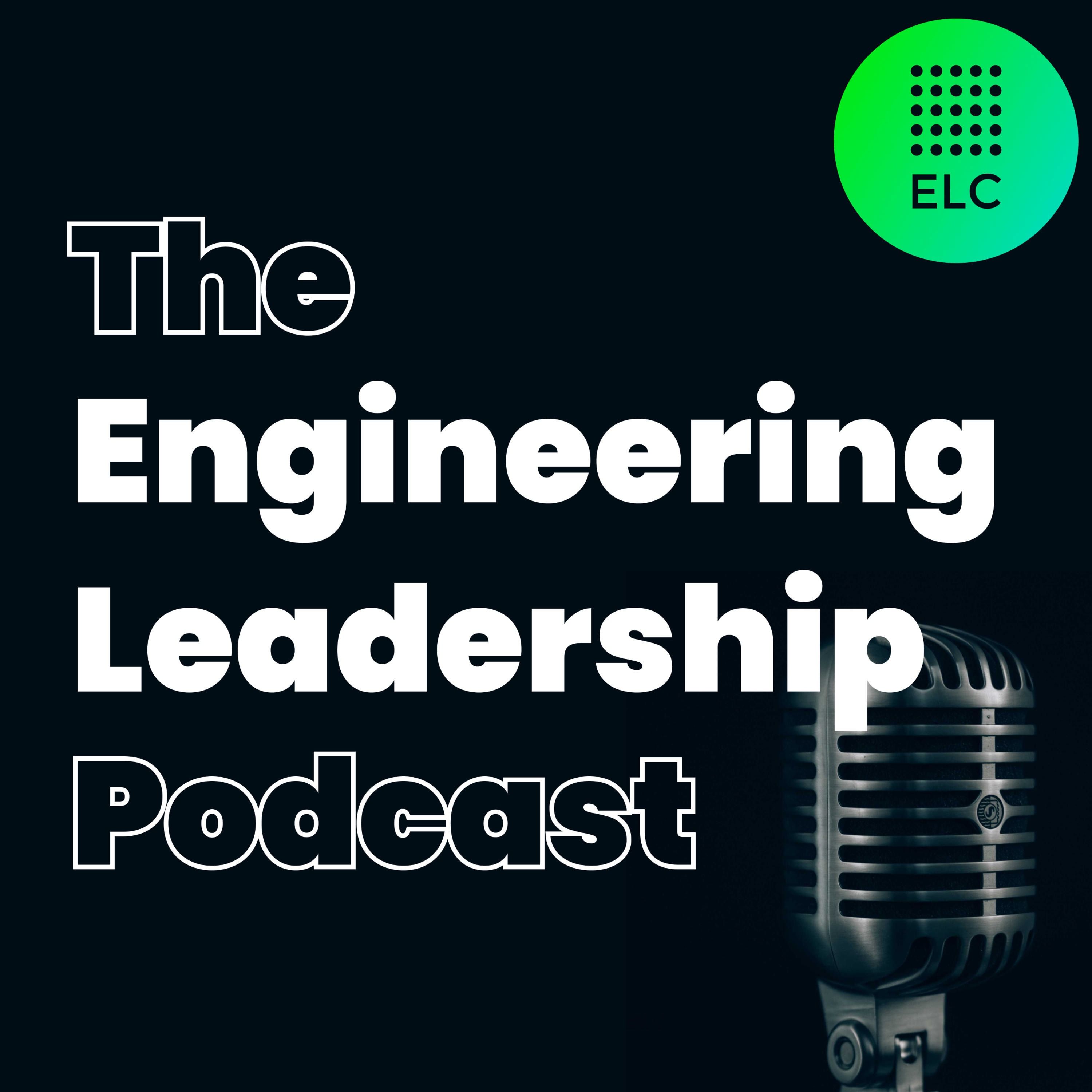

The Engineering Leadership Podcast
The Engineering Leadership Community (ELC)
We share the most critical perspectives, habits & examples of great software engineering leaders to help evolve leadership in the tech industry.
Join our community of software engineering leaders @ www.sfelc.com!
Join our community of software engineering leaders @ www.sfelc.com!
Episodes
Mentioned books

11 snips
Jan 22, 2024 • 1h 3min
Building a culture of experimentation & innovation at massive scale w/ Kristian Lindwall, Pooja Dave & Mark Grey @ Spotify #163
Spotify's eng leaders discuss building a culture of experimentation & innovation at a massive scale. Topics include the origin story of Spotify's experimentation platform, developing eng leaders to think strategically, mistakes to avoid while scaling experimentation, and balancing structured processes vs. unstructured time to ideate.

Jan 16, 2024 • 41min
Move beyond measurement & inspire developer productivity w/ Laura Tacho #162
Laura Tacho, the CTO at DX and a seasoned leader in engineering organizations, shares her insights on optimizing developer productivity beyond traditional measurements. She emphasizes the importance of trust and communication in teams and discusses motivational drivers like competence and autonomy. With her background coaching leaders from startups to Fortune 500s, Laura offers practical advice on avoiding common pitfalls in productivity measurement, fostering a human-centric approach, and aligning team goals for lasting performance gains.

4 snips
Jan 9, 2024 • 36min
Navigating 2024: Engineering management principles to tackle the unknowns & challenges ahead w/ Andrew Lau #161
Andrew Lau, CEO & Co-founder @ Jellyfish, shares engineering management principles to tackle the unknowns & challenges ahead. Topics include year-end reflection techniques, resilience and adaptability, honing financial acumen, planning for technology challenges, and the impact of hobbies on work and life.

Dec 19, 2023 • 43min
Building data engineering teams from scratch & transitioning to a full-scale data function w/ Colleen Tartow #160
Colleen Tartow, Field CTO & Head of Strategy @ VAST Data, shares insights on building data engineering teams from scratch and beyond. Topics include effective communication & collaboration, implications of AI technology, integrating cross-functional partners, and building the hiring process for data eng functions.

24 snips
Dec 12, 2023 • 45min
Organizing eng by strategic themes / complete units of value & consensus building to drive velocity w/ Emad Elwany #159
Emad Elwany, CTO & Co-founder @ Lexion, discusses scaling challenges and trade-offs in engineering teams. He emphasizes the importance of aligning decision-making with company goals and using strategic themes to organize teams. They also explore consensus building, problem-solving, and maintaining high velocity. Additionally, they discuss the impact of culture issues and entrepreneurial interest as a company grows.

Dec 5, 2023 • 48min
Rapidly operating early-stage engineering at global scale, mapping eng workflows to personas & pivoting pricing / business models w/ Scott Woody #158
Scott Woody, Co-founder and CTO @ Metronome, shares how they transitioned to operate at a global scale. They discuss creating specialized teams, relationships between finance and engineering, and pivoting business models. They also touch upon the challenges of teaching customers and determining pricing models.

37 snips
Nov 30, 2023 • 48min
Becoming a great coach: Practices & principles to help you make a bigger impact on your teams w/ Jill Wetzler #157
Jill Wetzler, former VP of Engineering and Executive Coach, shares practices to become a great coach. She discusses creating a mindset of possibility, fostering positive relationships, cultivating trust, navigating threats, and thinking about the future. They touch on implementing a peer coaching structure and making the most of peer group discussions.

5 snips
Nov 21, 2023 • 51min
Closing Executive Leadership Skill Gaps: A Portfolio Approach to Career Growth w/ Kathleen Vignos #156
Kathleen Vignos, VP of Software Engineering @ Capital One, shares strategies for career growth and overcoming executive leadership skill gaps. Topics include portfolio approach to career development, essential executive skills, facilitation techniques, and negotiation strategies. She also explores the impact of lifestyle trends like non-drinking and taking big risks for career growth.

Nov 14, 2023 • 44min
Scaling yourself ‘down’ as an engineering leader w/ James Everingham #155
James Everingham, co-founder and VP of Engineering @ Lightspark, shares tools for scaling down as an engineering leader. Topics include leadership methods like the Socratic method, principle-based decision-making, and creating narratives. They also discuss navigating process vs. anti-process, product planning, and adapting communication style within different org sizes.

Nov 7, 2023 • 48min
Navigating complex stakeholders, competing interests & gaining buy-in w/ Pete Peterson #154
Pete Peterson, CTO @ Riviera Partners, shares strategies for gaining stakeholder buy-in in complex environments. He discusses finding collaborators, quick wins, balancing competing interests, introducing change when facing resistance, and leadership practices. He also talks about navigating stakeholder relationships and recognizing team efforts. The podcast concludes with a discussion on the impact of automation on jobs.


